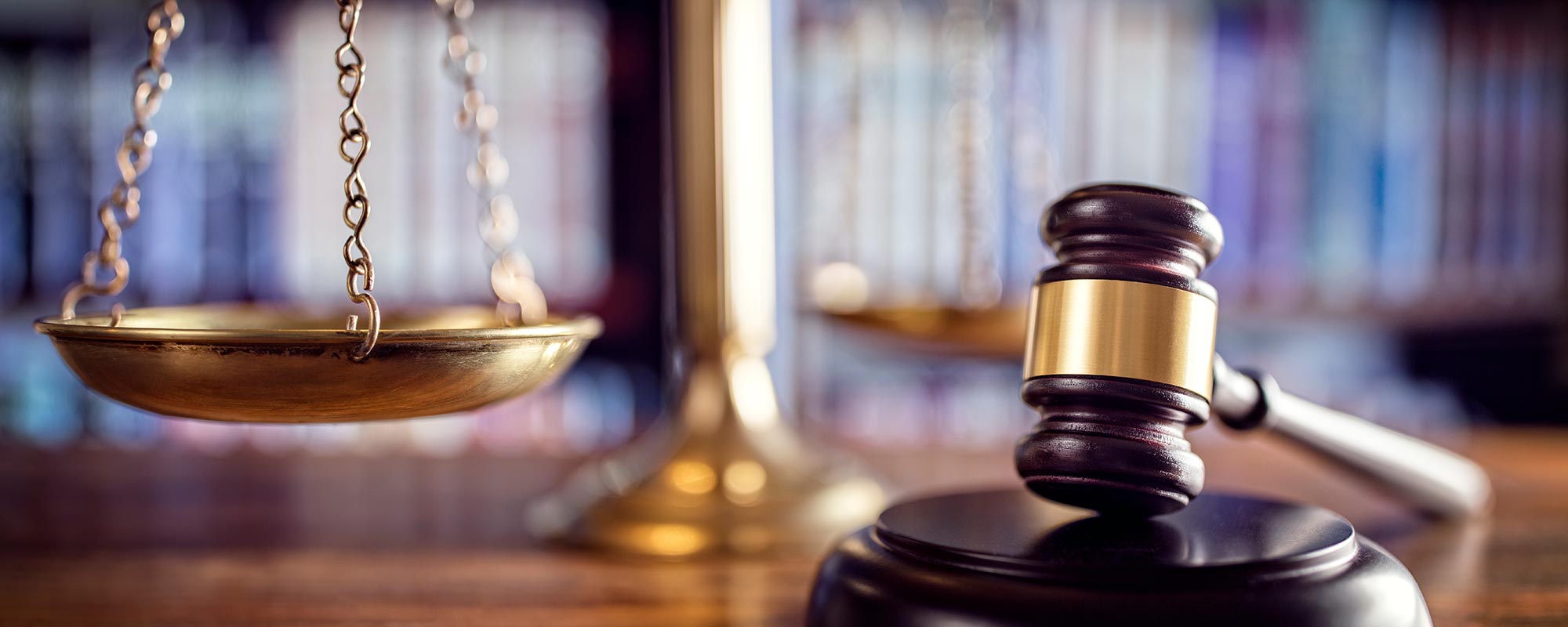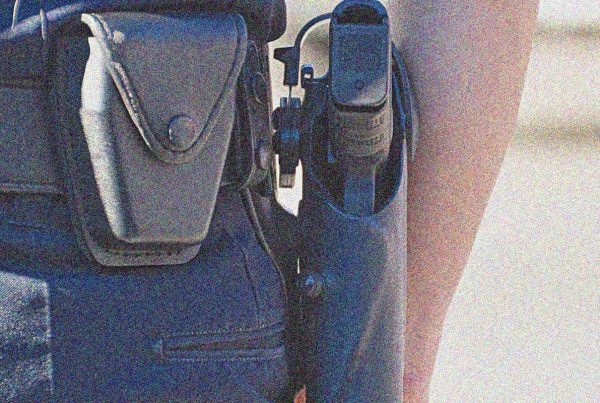This week, CCLA is appearing before the Supreme Court of Canada to reinforce the limits of state power and to advocate for remedies when the police exceed those limits.
In the case, James Andrew Beaver v. Her Majesty the Queen, CCLA intervenes on two constitutional issues. The first relates to the contours of the voluntariness rule, protecting individuals’ right to silence and ensuring constitutional protection of civil liberties for everyone. The second relates to the maintenance of a purposive approach to s. 24(2) of the Charter, which allows courts to throw out evidence that was “obtained in a manner” that violated constitutional rights or freedoms. It’s a key safeguard that provides a remedy for victims of police wrongdoing and helps ensure that criminal convictions are based on lawfully obtained evidence.
Before the Supreme Court, CCLA will argue that a voluntary statement requires an awareness of the right to silence and the consequences of foregoing the same. CCLA will submit that an individual cannot know the consequences of foregoing the right to silence without the state advising the individual of the jeopardy he or she is in.
CCLA will also argue that the Supreme Court ought to maintain its generous, contextual, and purposive approach to the “obtained in a manner” inquiry under s. 24(2). The purpose of s. 24(2) is to uphold the good repute of the administration of justice. However, in Beaver, the Crown has advanced a problematic “fresh start” theory – suggesting that, even after the police violate a person’s Charter rights, an interruption in the investigation (such as new police officers starting an interview) can create a “fresh start” and insulate new evidence from previous violations. The “fresh start” principle would force decision-makers to focus on acceptable state conduct and draw trial judges’ attention away from prior unacceptable state conduct. It would encourage courts to turn a blind eye to Charter violations based on later compliant conduct. The Supreme Court should reject the “fresh start” approach to s. 24(2) because it undermines the provision’s broad purpose – to protect the integrity of the justice system.
To learn more, read our factum before the Supreme Court. CCLA is ably represented by Samara Secter and Reakash Walters of Addario Law Group LLP.
By: Klodian Rado
About the Canadian Civil Liberties Association
The CCLA is an independent, non-profit organization with supporters from across the country. Founded in 1964, the CCLA is a national human rights organization committed to defending the rights, dignity, safety, and freedoms of all people in Canada.
For the Media
For further comments, please contact us at media@ccla.org.





